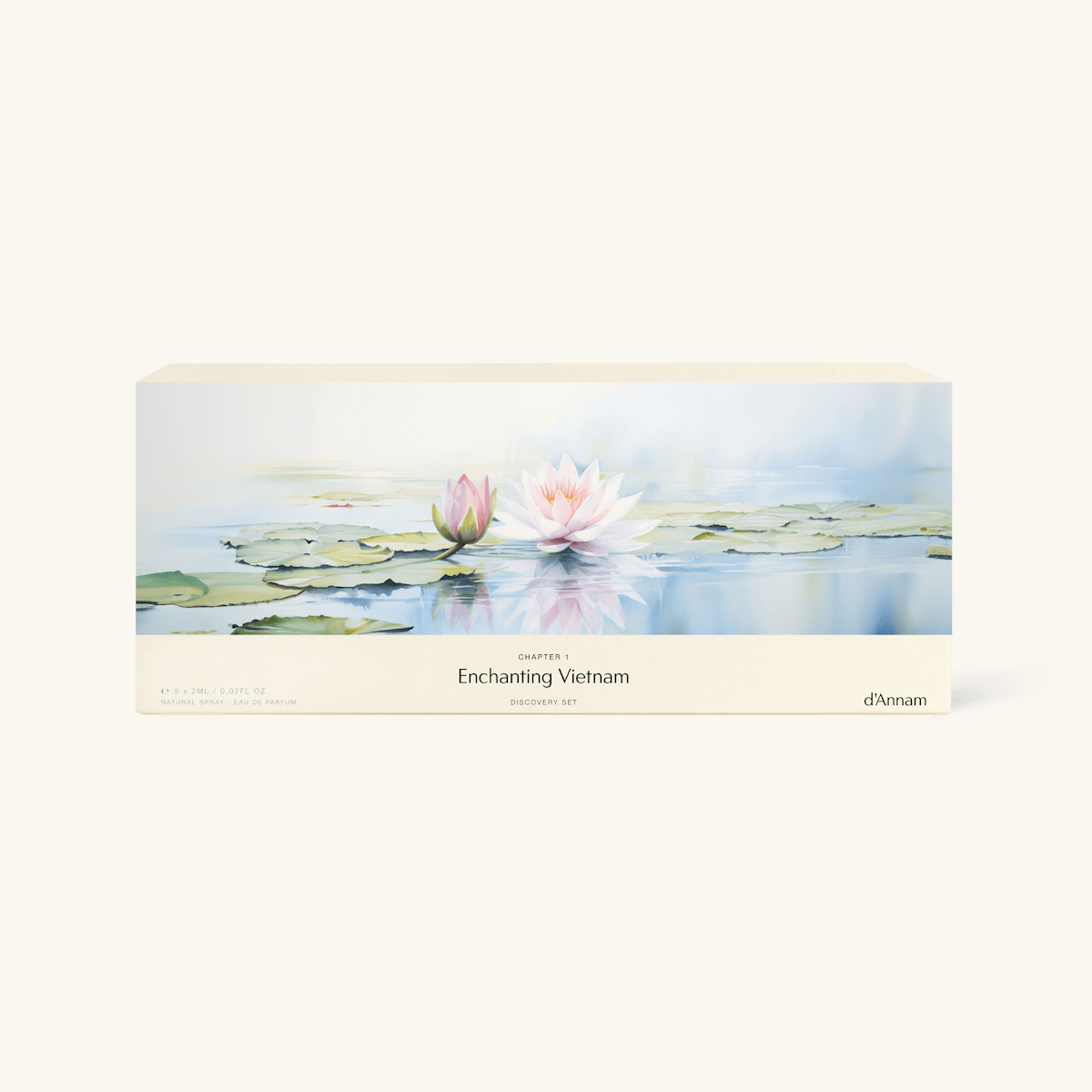Fragrances have the remarkable ability to evoke emotions, create memories, and enhance our daily experiences. When choosing perfumes or scented products, one common consideration is whether to opt for natural or synthetic fragrances. In this article, we will delve into the world of scents, debunk common myths surrounding natural and synthetic fragrances, and explore the options available. By gaining a better understanding, you can make informed choices that align with your preferences and values.
Natural Fragrances: Unveiling the Essence
Natural fragrances are derived from botanical sources such as flowers, herbs, spices, and fruits. These fragrances are extracted through various methods, including steam distillation, cold-press extraction, and solvent extraction. Here are some key aspects to consider:
1. Sourcing
Natural fragrances offer a connection to nature, as they are derived from plant-based materials. They often appeal to individuals seeking a more organic and environmentally conscious approach to scent.
2. Complexity
Natural fragrances can possess intricate and nuanced scent profiles due to the multitude of aromatic compounds present in botanical sources. This complexity can offer a unique and captivating olfactory experience.
3. Sensitivity
Some individuals with sensitive skin or allergies may find natural fragrances to be more compatible with their body chemistry. The absence of certain synthetic ingredients may reduce the risk of irritation.
Synthetic Fragrances: Decoding the Science
Synthetic fragrances, also known as aroma chemicals or aroma synthetics, are created through laboratory synthesis. These fragrances are designed to mimic or enhance natural scents and offer the following aspects to consider:
1. Reproducibility
Synthetic fragrances allow perfumers to precisely recreate specific scents consistently. This consistency ensures that each bottle of perfume or scented product smells the same, eliminating variations due to crop seasons or natural ingredient fluctuations.
2. Diversity
Synthetic fragrances provide access to a wide range of scent possibilities that may not be readily available in nature. Perfumers can create unique compositions by combining different aroma chemicals, resulting in novel and innovative fragrances.
3. Stability
Synthetic fragrances often exhibit greater stability, meaning they have a longer shelf life compared to natural fragrances. This can be advantageous in terms of product longevity and maintaining the desired scent profile over time.
Debunking Myths and Misconceptions
Now, let's debunk some common myths surrounding natural and synthetic fragrances:
1. Myth
Natural fragrances are always safer and healthier than synthetic fragrances.
Reality
Both natural and synthetic fragrances can cause sensitivities or allergic reactions in some individuals. The safety of a fragrance depends on various factors, including the specific ingredients and their concentrations. Regulatory bodies such as the International Fragrance Association (IFRA) enforce strict safety standards for both natural and synthetic fragrance ingredients.
2. Myth
Natural fragrances are always environmentally friendly.
Reality: While natural fragrances can have a lower ecological impact, their sustainability depends on responsible sourcing and extraction practices. Unsustainable harvesting or overexploitation of botanical sources can pose environmental concerns. On the other hand, advancements in green chemistry have allowed for the development of eco-friendly synthetic fragrance alternatives.
Finding the Right Balance: Exploring Options
In today's market, numerous fragrance options cater to various preferences. Here are a few alternatives worth considering:
1. Natural Fragrances with Certification
Look for products labeled with certifications like "Certified Organic" or "Ecocert," which ensure that the fragrance contains natural ingredients sourced sustainably.
2. Synthetic Fragrances with Responsible Sourcing
Some companies prioritize responsible sourcing of synthetic fragrance ingredients, ensuring they adhere to strict ethical and environmental standards. Look for brands that transparently communicate their commitment to sustainability.
3. Blended Fragrances
Many perfumes and scented products combine both natural and synthetic ingredients to create well-rounded and complex scents. These blends offer the best of both worlds, providing a unique olfactory experience.
Conclusion
When it comes to choosing between natural and synthetic fragrances, there is no definitive right or wrong answer. Each option carries its own merits and considerations. It's essential to consider your personal preferences, values, and potential sensitivities when making a decision. Remember, fragrance is a personal choice that should bring joy and enhance your well-being. Whether you opt for natural fragrances sourced from botanical treasures or synthetic fragrances crafted with scientific precision, explore and embrace the scents that resonate with you.











